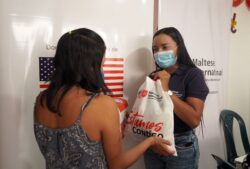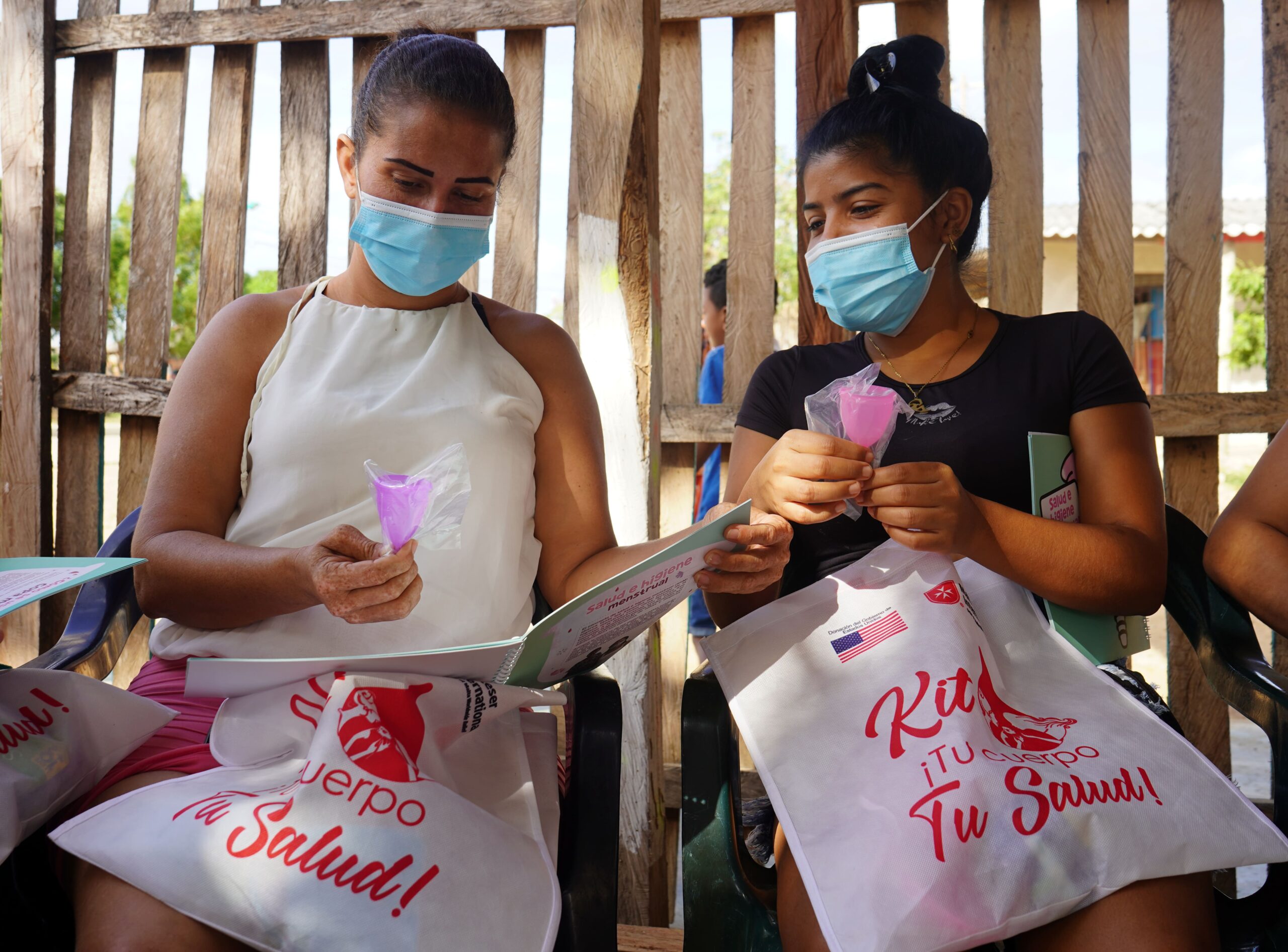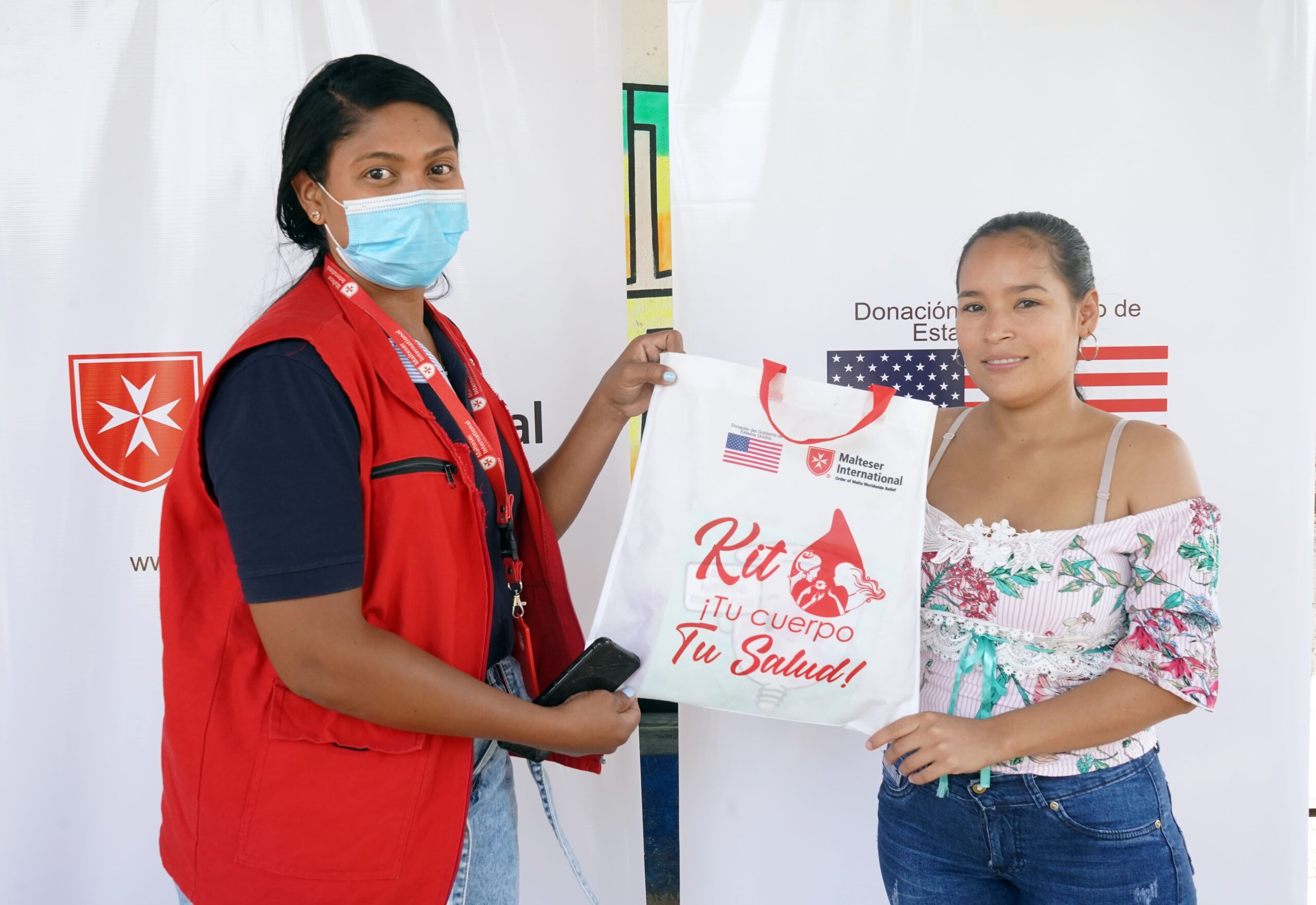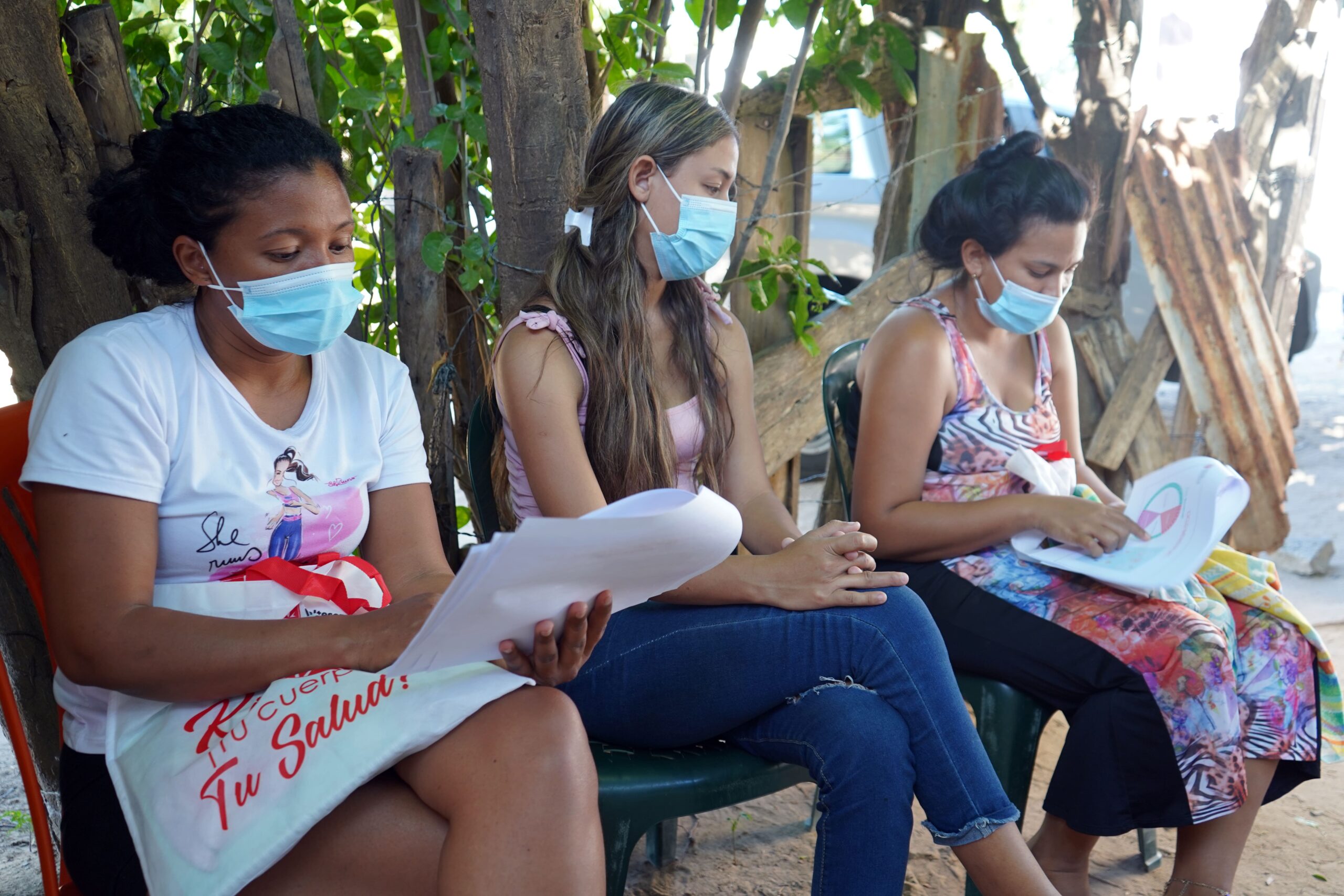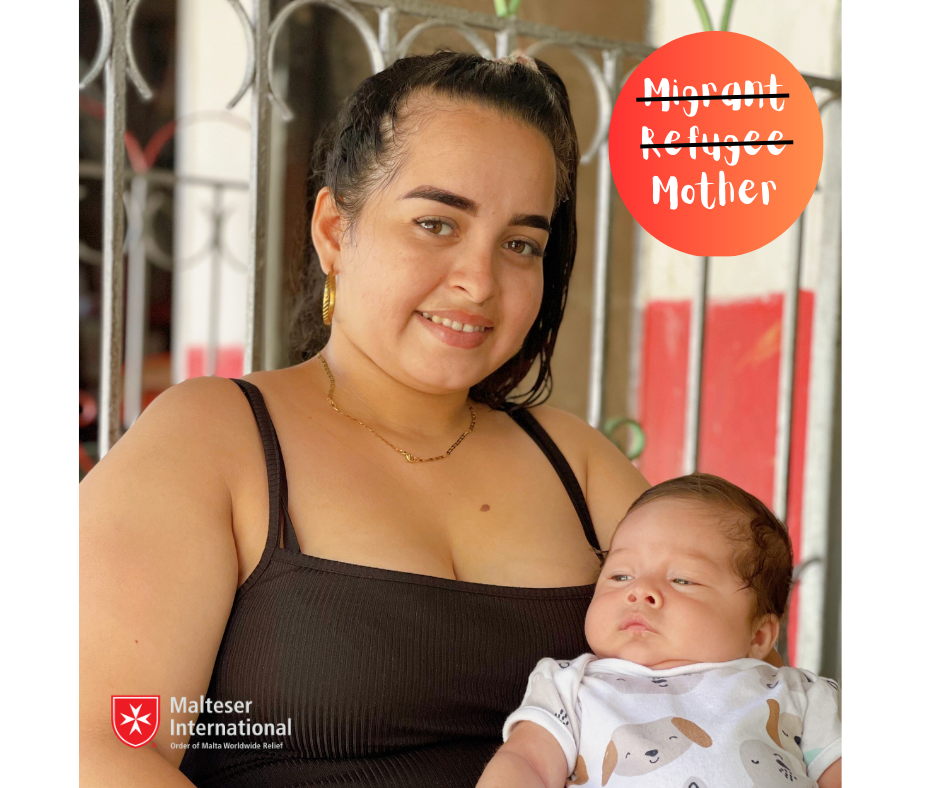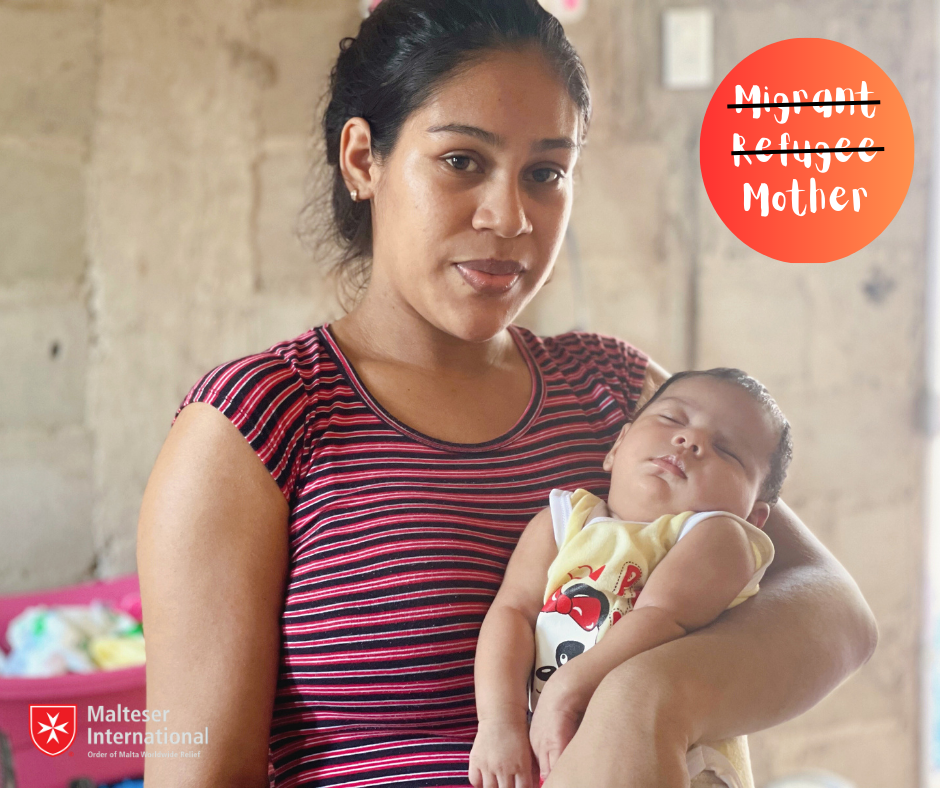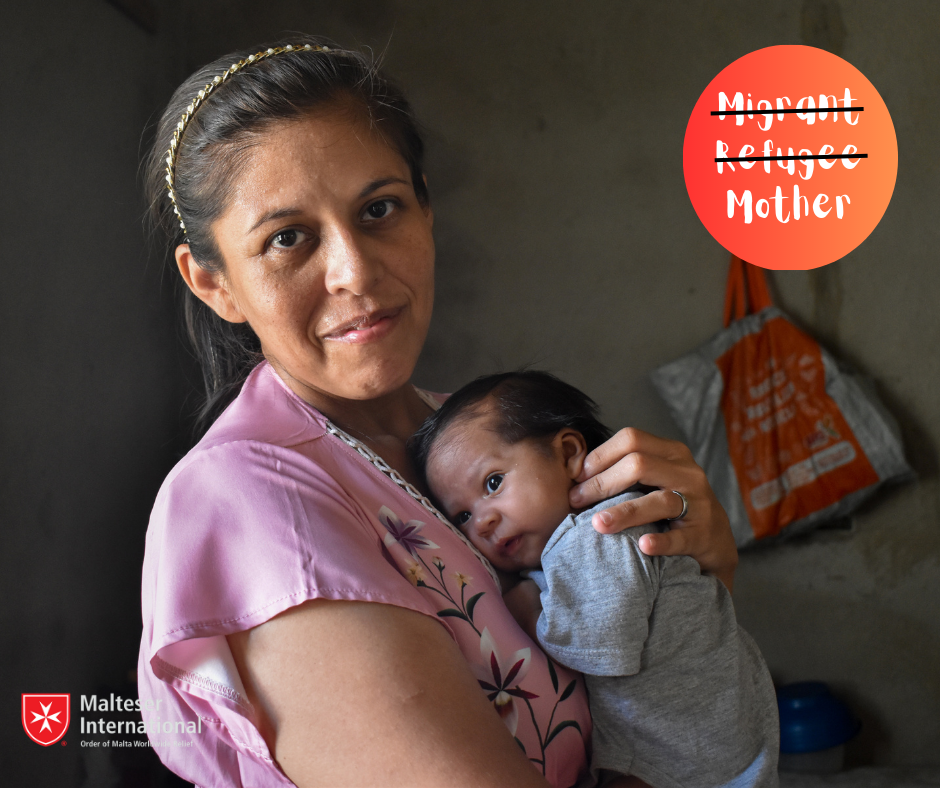Americas
Invisible Inequality: The Impact of Menstrual Poverty
La Guajira, Colombia– Menstrual poverty is a significant concern in Colombia, especially for girls and women in vulnerable conditions during their menstrual cycles. A high number of them lack access to basic menstrual hygiene products, which negatively impacts their physical, mental, and reproductive health.
According to the National Administrative Department of Statistics (DANE), between May 2021 and May 2022, at least 560,000 women in Colombia faced economic difficulties in acquiring menstrual products.
Around 45,000 women resorted to inadequate materials like clothing or rags as substitutes for absorbents, and 17,000 women had no access to any hygiene items. This situation poses a serious risk to menstrual health and hygiene, exacerbated by economic constraints.
This issue extends beyond the native population and significantly affects Venezuelan migrant, refugee, and returning Colombian populations for whom menstrual hygiene products are an unattainable luxury.
What are we doing?
To address these disparities in the health of Venezuelan refugees and migrants in La Guajira, Colombia, Malteser International Americas, with financial support from the United States Department of State’s Bureau of Population, Refugees, and Migration (PRM), has developed educational resources on menstrual hygiene. These resources are tailored for girls, adolescents, menstruating single mothers, adolescents aged 12 to 17, and women with disabilities. Menstrual health kits include menstrual cups, disposable sanitary pads, informational material on menstrual health, and eco-friendly fabric bags. These kits have benefited over 1,000 women in various municipalities of La Guajira, such as Riohacha, Maicao, Manaure, Dibulla, and Fonseca, providing them with the means for dignified menstruation.
Elena’s Story
Elena, a 20-year-old living in a vulnerable community in Riohacha, La Guajira, has been facing the challenge of menstruation from an early age. Economic constraints in her family made purchasing menstrual hygiene products an unaffordable luxury, leading to uncomfortable experiences. Moreover, in her community, discussing menstruation was a taboo.
Everything changed when a Malteser International Americas team arrived in her community to provide an informative session on menstrual health. During this session, Elena learned about the significance of menstrual hygiene and received a kit that, as she describes it, transformed her life by providing her with security and resources for menstrual care.
“Today, I openly discuss menstruation like other women in my community. I discovered that I was not alone in this experience,” she commented.
